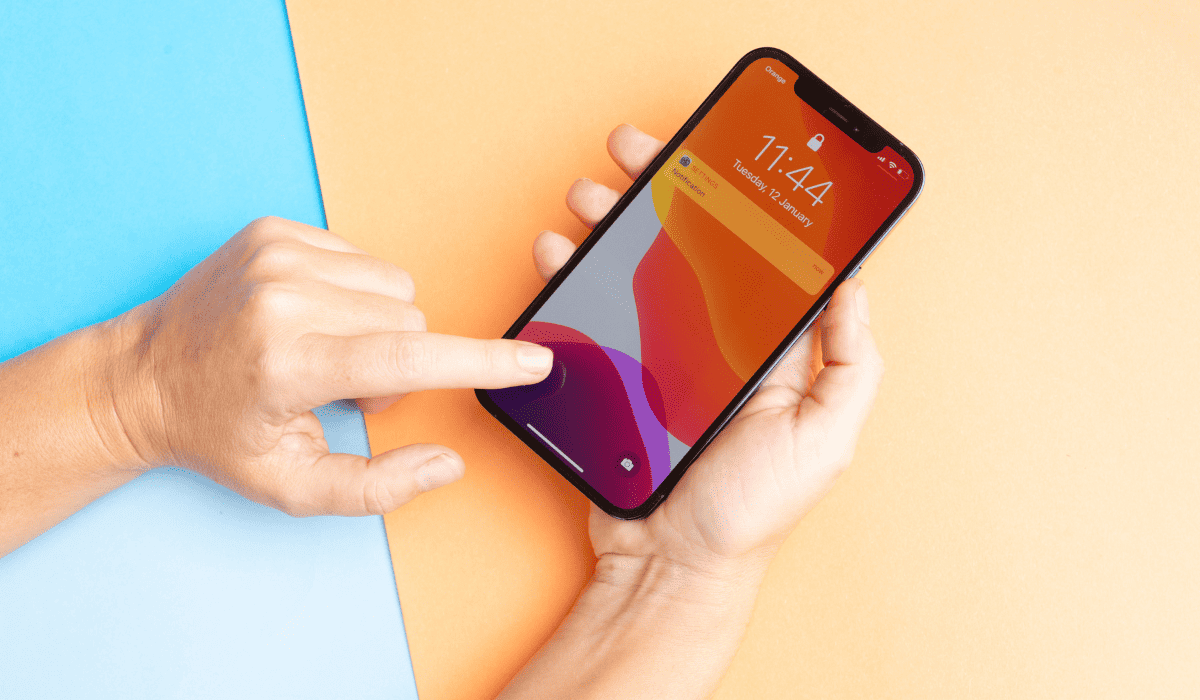
©Neirfy via Canva.com
Is Apple a Monopoly?
In a landmark antitrust case, the Justice Department sued Apple, claiming that the iPhone maker has a monopoly over the phone market at the expense of consumers, developers, and rival companies.
U.S. Attorney General Merrick B. Garland said at a news conference that Apple has gained its monopoly power “not by making its own products better — but by making other products worse.”
He said Apple does so through two methods.
“First, Apple imposes contractual restrictions and fees that limit the features and functionality that developers can offer iPhone users,” said Garland. “Second, Apple selectively restricts access to the points of connection between third-party apps and the iPhone’s operating system, degrading the functionality of non-Apple apps and accessories.”
The complaint alleges Apple’s anticompetitive course of conduct has taken several forms, including:
- Blocking super apps: By imposing contractual restrictions on apps and withholding key access points, developers are blocked from creating apps with broad functionality that would make it easier for consumers to switch between competing smartphone platforms.
- Suppressing mobile cloud streaming services: Apple has blocked the development of cloud streaming apps — including gaming apps — that would enable users “to enjoy high-end functionality on a lower priced smartphone.”
- Excluding cross-platform messaging apps: Apple has made the quality of cross-platform messaging “worse, less innovative, and less secure” for non-iPhone users to incentivize customers to keep buying iPhones.
- Diminishing the functionality of non-Apple smartwatches: Apple’s smartwatch is only compatible with an iPhone, while technical and contractual controls make it harder for someone with an iPhone to use a non-Apple smartwatch.
- Limiting third-party digital wallets: Apple prevents third-party apps from offering tap-to-pay functionality, inhibiting the creation of cross-platform third-party digital wallets.
Beyond the iPhone and Apple Watch businesses, the DOJ claims Apple’s anti-competitive practices extend to its “web browsers, video communication, news subscriptions, entertainment, automotive services, advertising, location services, and more.”
The DOJ charged that the result has led to Apple commanding a share of more than 65% of the U.S. smartphone market and being able to charge up to $1,599 for an iPhone and commission rates up to 30% for app purchases. Garland added at the conference, “For consumers, that has meant fewer choices; higher prices and fees; lower quality smartphones, apps, and accessories; and less innovation from Apple and its competitors. For developers, that has meant being forced to play by rules that insulate Apple from competition.”
The government hasn’t ruled out structural remedies in its lawsuit, which could include a break up of Apple’s business, but also suggests other methods of restoring competition.
In response, Apple argued the lawsuit would lead to government overreach that would restrict the company’s ability to freely design its technology. Apple’s statement read, “This lawsuit threatens who we are and the principles that set Apple products apart in fiercely competitive markets. If successful, it would hinder our ability to create the kind of technology people expect from Apple — where hardware, software, and services intersect. It would also set a dangerous precedent, empowering government to take a heavy hand in designing people’s technology.”
Discussion Questions
Does Apple have a monopoly on smartphones?
What do you think would be the best outcome from the lawsuit for consumers?
What’s the likely outcome?
